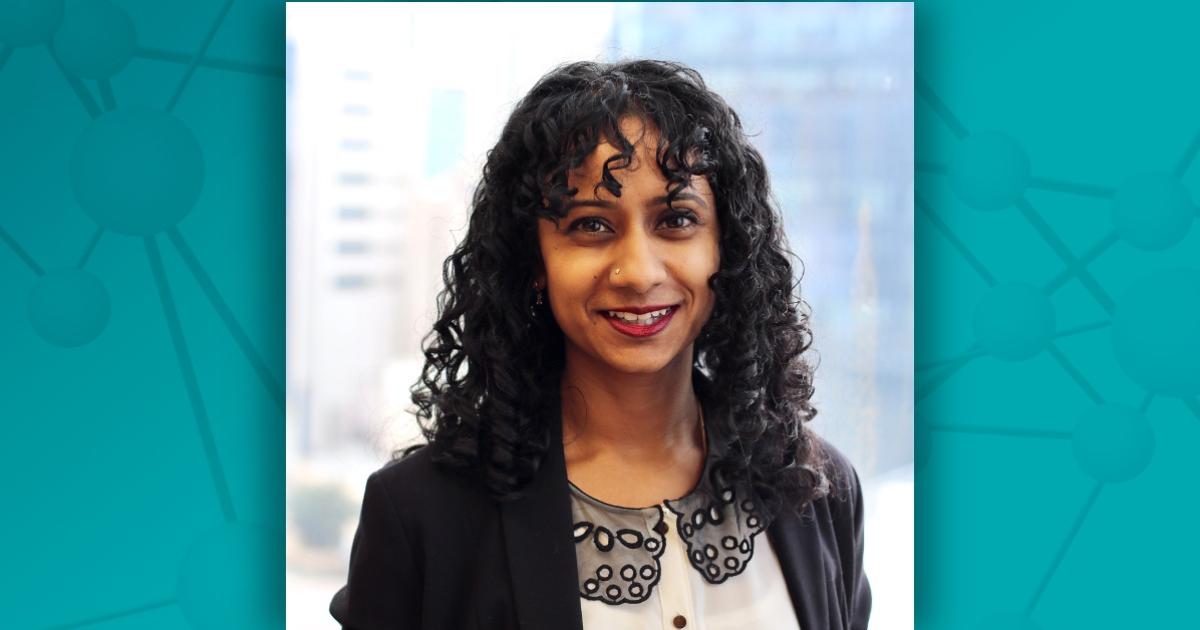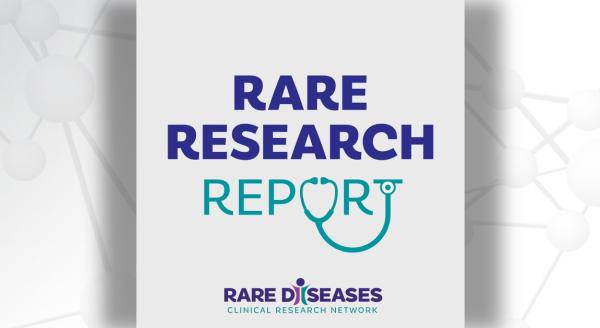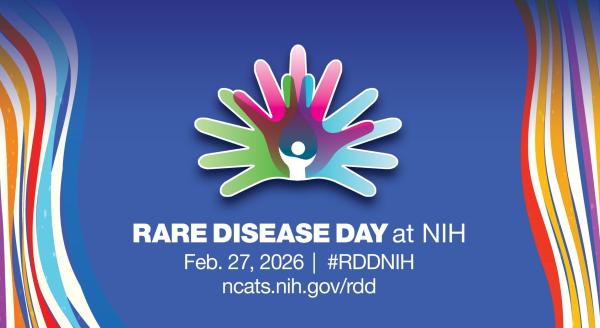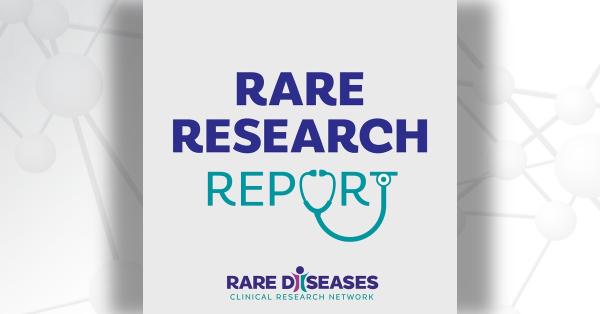Chaya Nautiyal Murali, MD, is a pediatric geneticist at Baylor College of Medicine and a member of the Brittle Bone Disorders Consortium (BBDC). She is also an accomplished essayist, using her creative writing skills to highlight themes of identity, inheritance, and family through the lenses of immigration and genetics. Here, she shares her start in rare disease research, exciting discoveries, and future goals.
How and why did you get involved with rare disease research?
As a pediatric geneticist, I care primarily for children with rare diseases, and thus I have a strong interest in research to improve these children’s quality of life.
I grew up as a nerdy immigrant kid, so I know how it feels to be different. During my time in medical school, I organized creative writing workshops for children affected by genetic rare diseases. We called the workshops “Get it Write” and I saw them as an opportunity to let these kids tell their own stories on their own terms, and for them to be surrounded by other kids who know how it feels to be different.
I have a strong investment in understanding the psychosocial effects of rare diseases, and I hope that by studying these effects, we can identify areas where we can intervene to improve quality of life for all people affected by genetic rare diseases.
When did you join the BBDC as an early-career researcher?
I began working within the BBDC as a postdoctoral research associate at Baylor College of Medicine (BCM). I completed medical school at BCM, then did my pediatrics and genetics residency training at Children’s Hospital of Philadelphia.
I came back to BCM wanting to study quality of life in people with genetic diagnoses, and the data collected by the BBDC offered a unique opportunity to investigate quality of life in a very large cohort of individuals with rare disease. Working with wonderful mentors and team members, I was able to validate the use of two generic patient-reported outcome measures for physical health-related quality of life in children and adults with osteogenesis imperfecta (OI).
What were your experiences working with the BBDC, and how have these experiences shaped your research career?
Working with the BBDC has been a great experience. I have felt so fortunate to have this opportunity to work with experienced mentors, skilled statisticians, and knowledgeable patient advocates.
I’ve been able to get to know some of the folks at the OI Foundation, and I’m involved in a new BBDC supplement project that is aimed at understanding mental health and pain management needs in folks with OI. I’ve also had the opportunity to present my research at RDCRN career meetings and meet folks involved in other rare disease consortia. The whole experience has been invaluable for my career, as well as deeply fulfilling.
Can you share a recent discovery with us?
In 2020, we published our work on the Pediatric Outcomes Data Collection Instrument (PODCI), a generic patient-reported outcome measure that assesses health-related quality of life in children with musculoskeletal disorders. In that study, we looked at how the PODCI performed in children with OI and found that three of its physical subscales (upper extremity function, lower extremity function, and ability to participate in sports) reflect known clinical severity of different OI types.
Interestingly, we didn’t find the same reflection of known severity on the happiness subscale. This seems to indicate that psychological well-being in children with OI is mediated by factors beyond simple physical health. This is an area that deeply interests me.
Where are you heading next with your research?
I have been mentoring a genetic counseling student here at BCM who is working with the OIF to study prenatal genetic counseling experiences for families of children diagnosed prenatally with OI. We recently began recruitment and we’re very excited to learn from the community about their experiences, and to use that knowledge to educate clinicians on the best ways to counsel families in the prenatal setting.
My long-term goal is to become an expert in studying quality of life and psychosocial effects of genetic rare diseases, and I’m working towards a career development award to help me achieve that goal. I hope to use that award to deeply study quality of life, and the factors that mediate it, in people with OI.
What advice would you offer to other early career researchers?
Find an institution that is committed to your success! I wouldn’t have been able to join the BBDC and work with their data if I hadn’t been at BCM and hadn’t had great mentors like Dr. Brendan Lee and Dr. Sandesh Nagamani. They provided me access to this wonderful data, empowered me to create a study that pertained to my interests, helped me bring the work to fruition, and gave me opportunities to present my work. Finding an institution and a mentor with interest in helping you succeed is crucial in the early career phase!
The Brittle Bone Disorders Consortium (BBDC) is part of the Rare Diseases Clinical Research Network (RDCRN), which is funded by the National Institutes of Health (NIH) and led by the National Center for Advancing Translational Sciences (NCATS) through its Division of Rare Diseases Research Innovation (DRDRI). BBDC is funded under grant number U54AR068069 as a collaboration between NCATS, the National Institute of Arthritis and Musculoskeletal and Skin Diseases (NIAMS), the Eunice Kennedy Shriver National Institute of Child Health and Human Development (NICHD), and the National Institute of Dental and Craniofacial Research (NIDCR).




